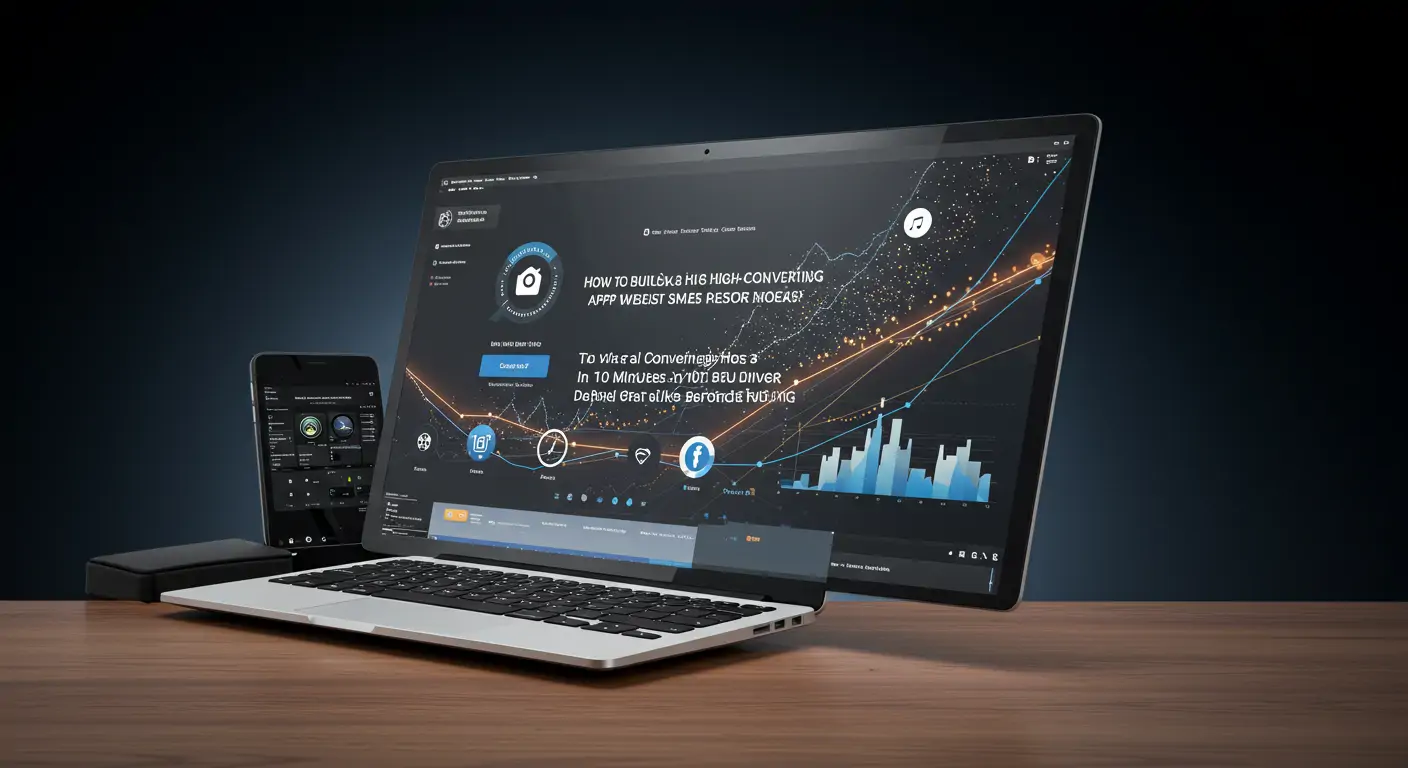Introduction: Why This Matters Now
In 2024, AI-driven marketing automation increased app downloads by 27% globally (App Annie). This trend is crucial as businesses face rising user acquisition costs and seek innovative solutions. AI-powered app marketing is redefining strategies, enabling more precise targeting and cost efficiency. This shift impacts marketers, developers, and businesses striving for competitive advantage. Estimated read time: 12 minutes.
Key Drivers: What's Fueling This Trend
Driver 1: Economic Efficiency
The cost of acquiring users has risen by 64% over the past three years (Statista, 2024), pushing companies toward automation. AI's ability to analyze vast datasets optimizes ad spend and reduces acquisition costs by approximately 19% (eMarketer, 2024).
Driver 2: Advancements in Machine Learning
Machine learning algorithms can predict consumer behavior with 85% accuracy (MIT Tech Review, 2024), enabling more personalized and effective marketing campaigns. This advancement is crucial for engaging users and increasing conversion rates.
Driver 3: Increased Data Availability
With mobile data traffic expected to reach 77.5 exabytes per month by 2025 (Cisco, 2024), the abundance of data fuels AI systems, enhancing their ability to refine marketing strategies continually.
Real-World Impact & Case Studies
Case Study 1: ByteDance
- Implemented AI-driven content personalization
- Boosted user retention by 35% within six months
- Key lesson: Personalization at scale is achievable with AI
Case Study 2: Spotify
- Launched AI-curated playlists
- Achieved a 22% increase in user engagement during Q1 2025
- Key lesson: AI can enhance user experience through tailored recommendations
Industry Implications
For Developers
- Skill in machine learning essential
- Growing demand for AI programming expertise
For Businesses
- Strategic shift towards data-driven decision-making
- Potential for significant cost savings
For Investors
- Opportunity in AI startups focused on marketing
- Risk in traditional marketing firms losing relevance
Challenges & Criticisms
Despite the benefits, there are concerns about data privacy and the ethical use of AI in marketing. Critics argue that AI could lead to excessive data collection and potential misuse. Additionally, reliance on AI might limit human creativity and overlook nuanced market insights.
Future Outlook: What's Next
In the short term, expect continued investment in AI marketing tools, with spending projected to increase by 40% by 2025 (Forrester). Long-term, AI's role will expand, with deeper integration into marketing strategies, potentially leading to a 50% reduction in costs by 2027. Key milestones include advancements in explainable AI and real-time data processing enhancements.
Frequently Asked Questions
- What is AI-powered app marketing?
- How does AI reduce user acquisition costs?
- What are potential risks of using AI in marketing?
- How quickly can businesses see results from AI marketing?
Conclusion: Key Takeaways
- AI marketing reduces costs and improves targeting precision.
- Investing in AI tools is crucial for staying competitive.
- Understanding AI's ethical implications is essential.
- Developers should enhance their machine learning skills.
For more insights, explore our detailed guides on AI implementation and industry trends.




